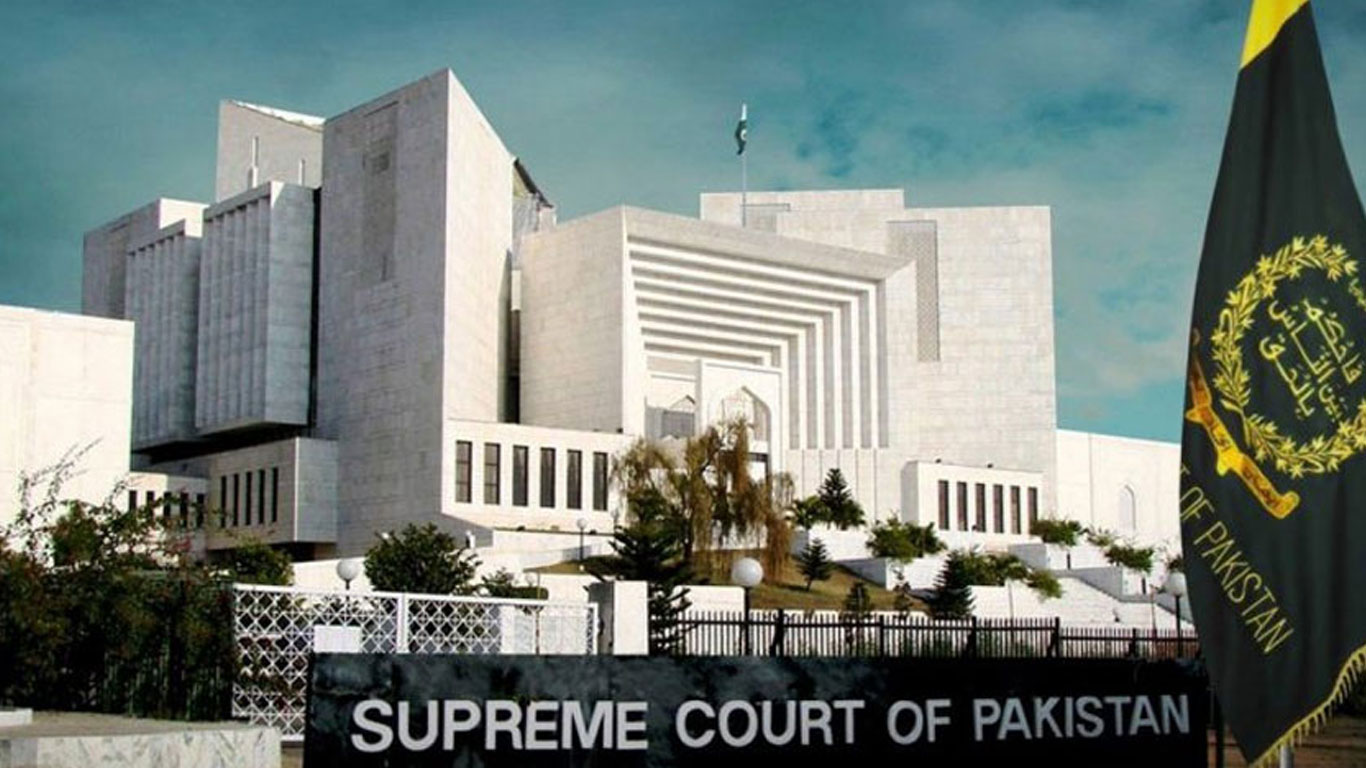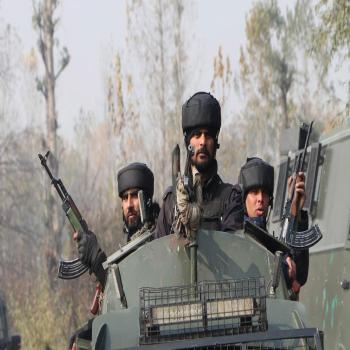In a landmark judgment, the Supreme Court of Pakistan has held that a woman’s legal existence, rights, and independence don’t cease to exist after marriage.
The court held it as illegal and discriminatory to refuse job opportunities to married daughters under the quota of deceased civil servants, highlighting that it is against the Constitution.
The 9-page judgment, authored by Justice Syed Mansoor Ali Shah, came in response to a case where a married daughter was denied a job following her father’s death in service.
The court termed the denial discriminatory and confirmed that all children—regardless of gender or marital status—are eligible for employment under the Khyber Pakhtunkhwa Civil Servants Rules in cases of death or medical retirement of a government servant.
The court remarked that executive orders can’t override law, and attempting to alter rules by way of a clarification letter is legally non-est. It condemned the practice of denial of quota benefits to married daughters as violating Articles 14, 25, and 27 of the Constitution, which promise dignity, equality, and non-discrimination.
Justice Shah wrote that a woman's legal standing and personal autonomy are not contingent on her marital status. He stressed that financial independence is a fundamental right for women, both constitutionally and within Islamic teachings. “Women have complete authority over their property, income, and financial decisions,” the judgment stated.
Referring to global obligations, the court mentioned that Pakistan is a signatory to the UN Convention on the Elimination of All Forms of Discrimination Against Women (CEDAW), which bans discrimination on the basis of marital status in employment.
The ruling also condemned patriarchal thought and terminology, e.g., terming married daughters a “burden” to husbands. The judge asked the government and the judiciary to be gender-sensitive and neutral in language while issuing their orders.
Importantly, the court clarified that its previous ruling in the “General Post Office vs. Muhammad Jalal” case does not apply here, as that decision was about future appointments and not retroactive dismissals.






